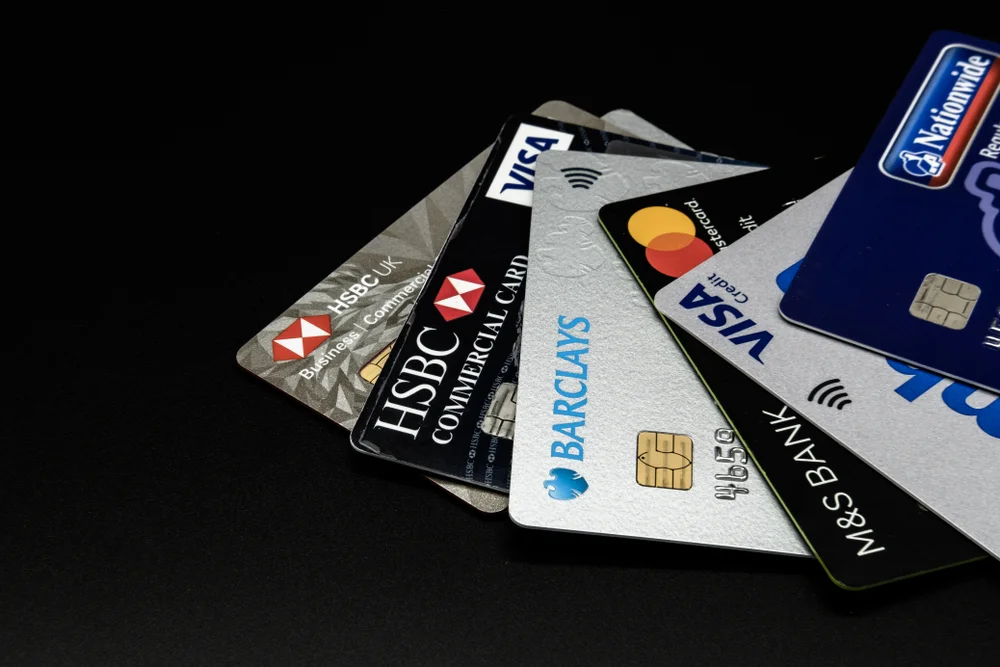Financial technology, or fintech, has disrupted numerous sectors, including the credit and debit card industry in the UK. The introduction of cutting-edge technologies and innovative solutions has significantly altered the landscape of traditional banking, making transactions more efficient, secure, and user-friendly.
As fintechs continue to evolve, their influence on the credit and debit card sector is becoming increasingly apparent. Understanding the dynamics between fintechs and the conventional banking industry is crucial to appreciate their impact fully. This article will explore various facets of this relationship and how it is transforming the credit and debit card sector in the United Kingdom.
Page Contents
ToggleThe evolution of fintechs in the UK

The financial technology sector in the UK has grown at an unprecedented rate. Over the past decade, numerous fintech startups have emerged, offering innovative solutions that challenge traditional banking norms. These digital-first companies have leveraged advancements in mobile technology, artificial intelligence, and big data analytics to create new financial products and services.
One of the critical areas where fintechs have made a significant impact is in the realm of payments. By offering digital wallets, peer-to-peer payment platforms, and other innovative solutions, they have introduced more convenient and cost-effective alternatives to traditional credit and debit cards.
The proliferation of these technologies has forced traditional banks to adapt or risk losing market share. Consequently, many banks have started to collaborate with fintech firms to offer enhanced services to their customers.
How fintechs are shaping the future of payments
The rise of fintech firms has brought about a paradigm shift in how payments are processed and managed. Digital wallets, like Apple Pay and Google Wallet, are becoming increasingly popular, allowing users to make transactions without needing physical cards. These mobile payment solutions offer multiple benefits, including enhanced security features like biometric authentication and tokenization.
Additionally, they provide a seamless and convenient user experience, making them an attractive option for consumers and merchants alike. Another important development is the enhancement of peer-to-peer payment systems. Platforms like PayPal and Venmo have made it easier for individuals to transfer money to each other swiftly and securely, bypassing traditional banking channels.
The role of regulatory frameworks
Regulatory frameworks play a pivotal role in shaping the financial technology landscape. In the UK, regulators like the Financial Conduct Authority (FCA) have been proactive in creating a conducive environment for fintech innovation. By implementing regulations that prioritize consumer protection and financial stability, the FCA has fostered a competitive and dynamic fintech ecosystem.
These regulations ensure that fintech companies adhere to high standards, which in turn boosts consumer confidence in their services. Moreover, initiatives like open banking have further accelerated the growth of fintechs by promoting transparency and encouraging competition. Open banking allows consumers to share their financial data with third-party providers, leading to more personalized and competitive financial products.
The ripple effects on traditional banks
The impact of fintech on traditional banks extends beyond payment processing. Fintech innovations are pushing banks to rethink their approaches to customer service, risk management, and product development. Many banks are now investing heavily in digital transformation initiatives, aiming to offer a similar level of convenience and innovation as their fintech counterparts.
Collaborations and partnerships between banks and fintech firms are becoming more commonplace as they seek to leverage each other’s strengths. This symbiotic relationship is reshaping the financial services landscape, leading to the development of new products and services that cater to the evolving needs of consumers.
Improving financial inclusion
One of the most significant advantages of fintech innovation is its potential to improve financial inclusion. By offering digital banking solutions, fintech firms can reach underserved populations who may not have access to traditional banking services. These digital-first services are typically more accessible and affordable, making it easier for individuals to manage their finances.
This democratization of financial services is helping to bridge the gap between different socio-economic groups. Moreover, fintech companies are leveraging data analytics to tailor products to specific consumer needs, further enhancing financial inclusion and empowerment.
The future outlook
As fintechs continue to innovate and evolve, their influence on the credit and debit card sector in the UK will likely grow stronger. Emerging technologies like blockchain, artificial intelligence, and machine learning are expected to drive further advancements in financial services. Additionally, the ongoing shift towards a cashless society will create new opportunities and challenges for both fintech firms and traditional banks.
As consumers increasingly adopt digital payment solutions, the demand for innovative and secure financial products will rise. Ultimately, the collaboration between fintech companies and traditional banks will be crucial in shaping the future of the financial services landscape. By working together, they can create a more efficient, inclusive, and secure financial ecosystem for all stakeholders.




